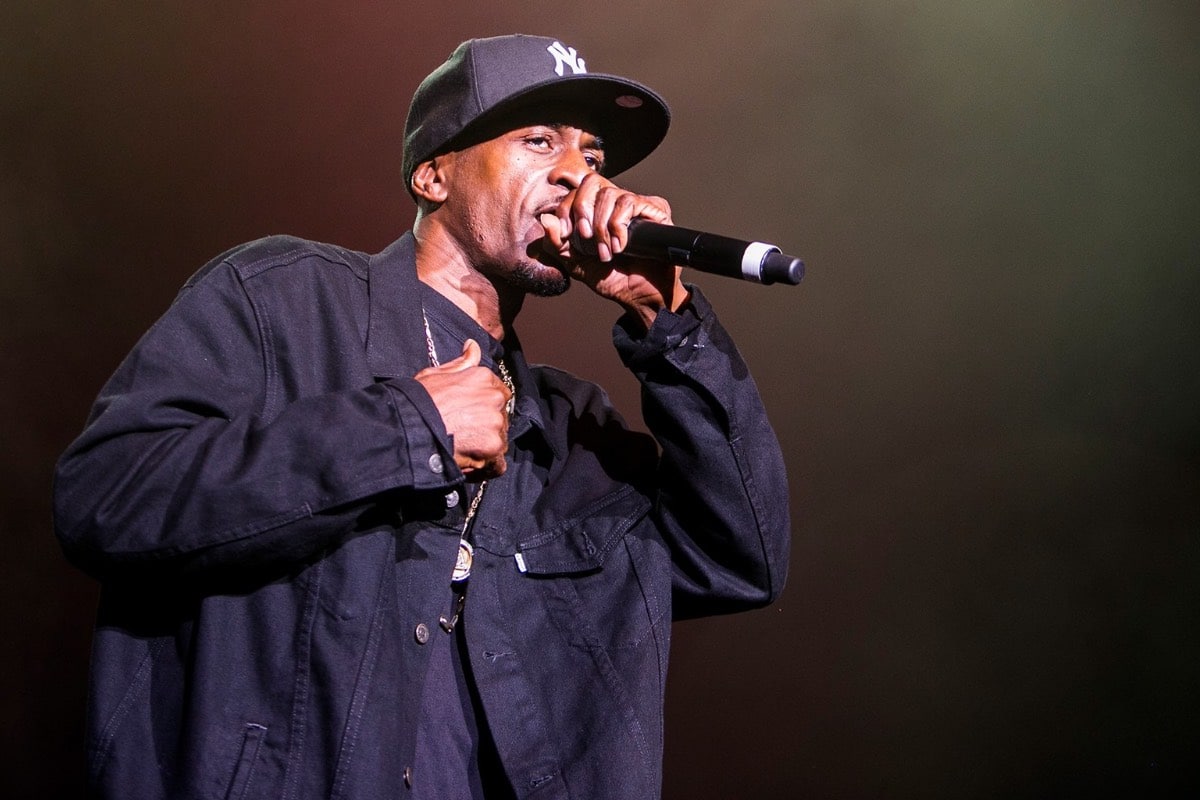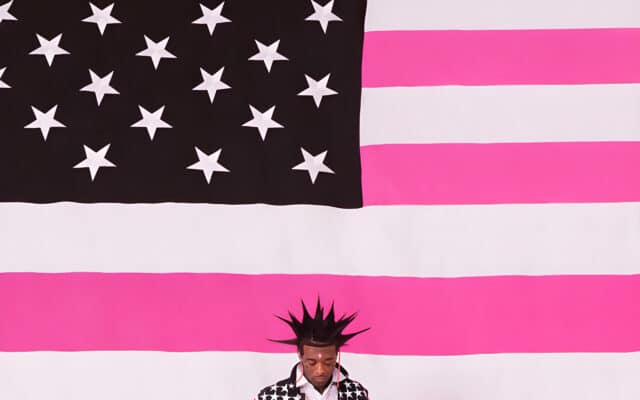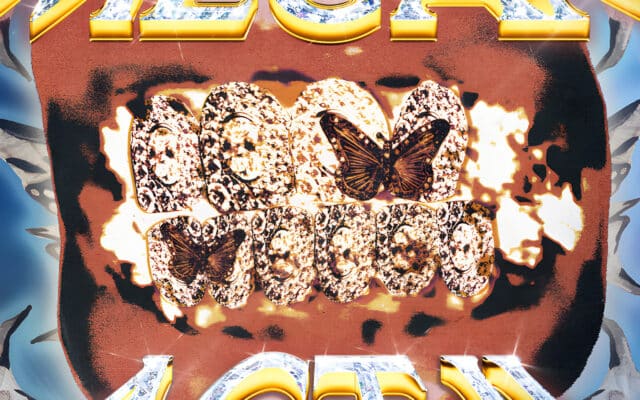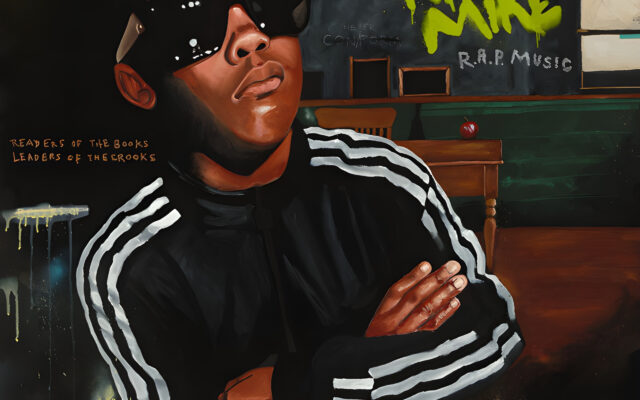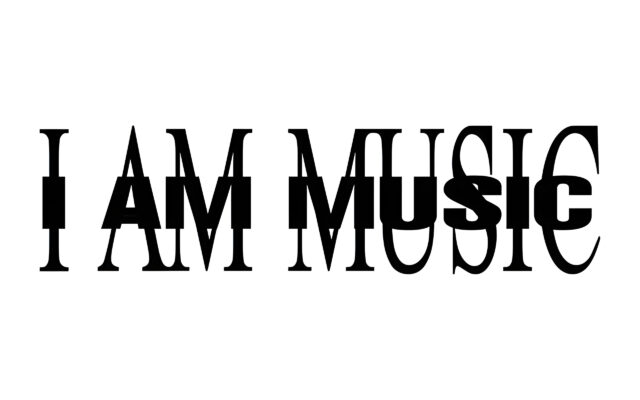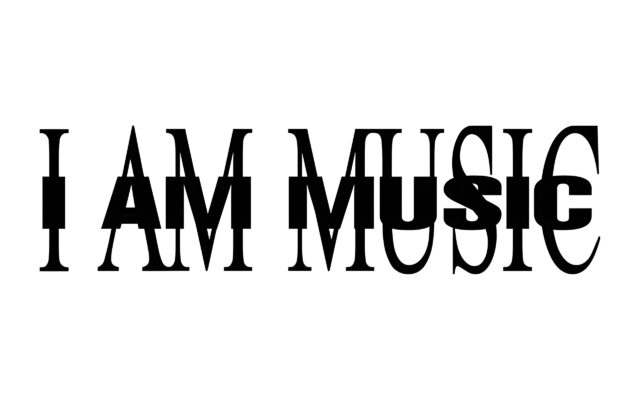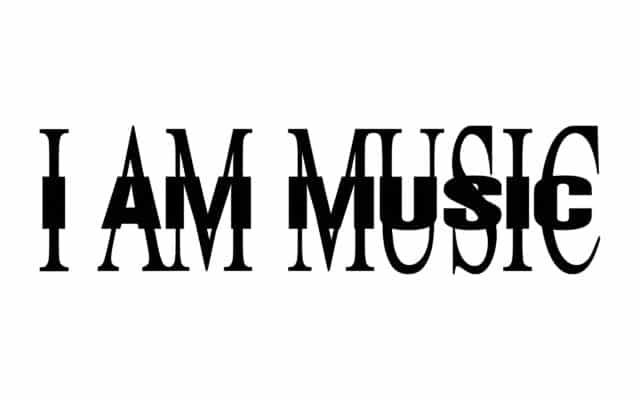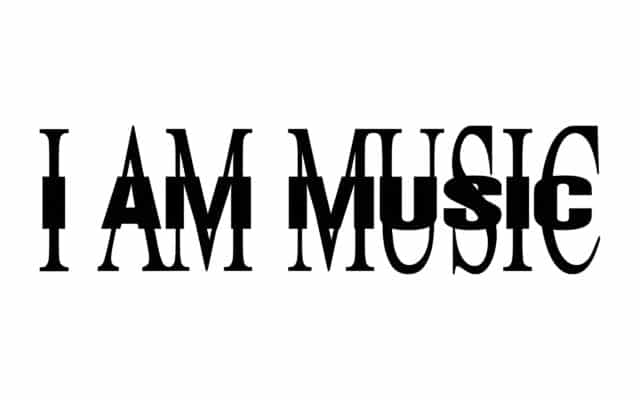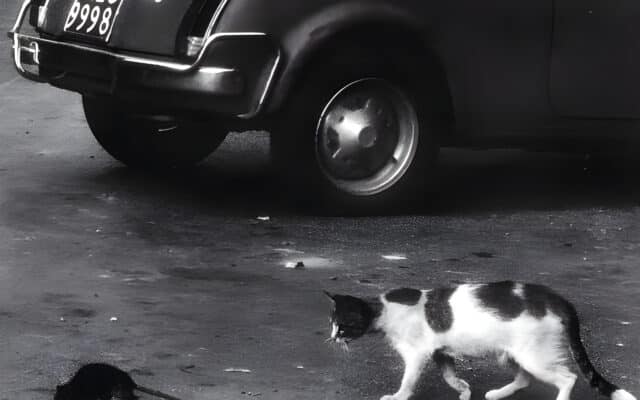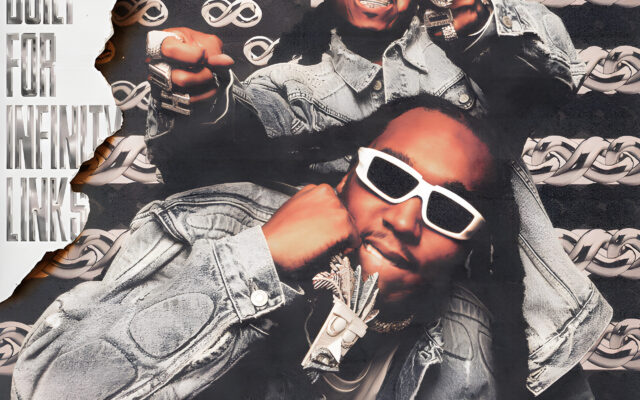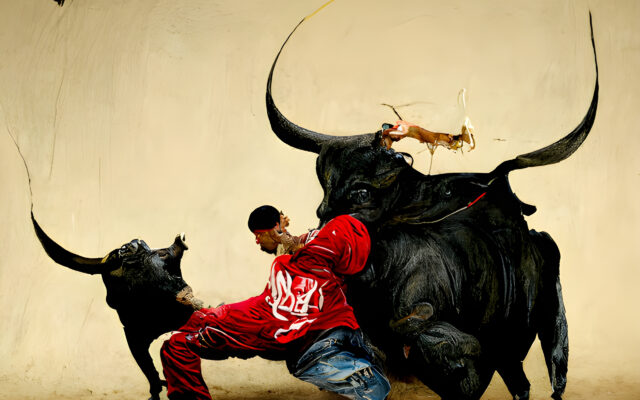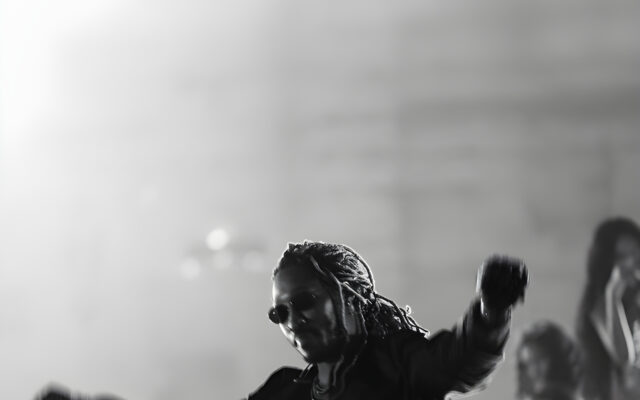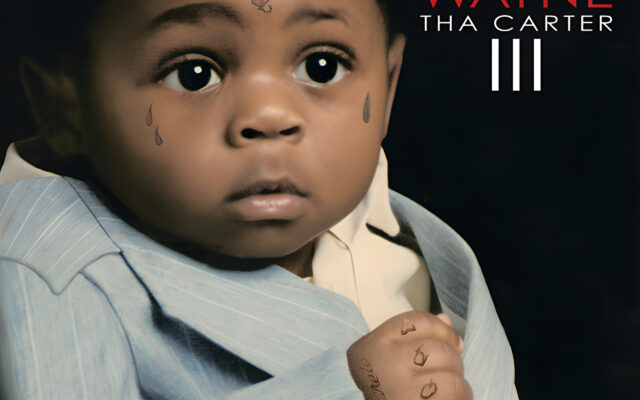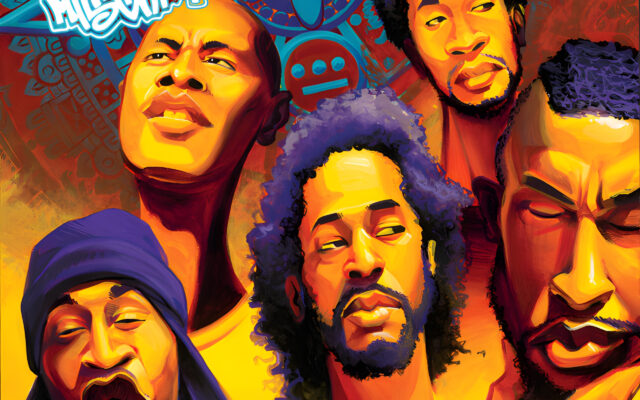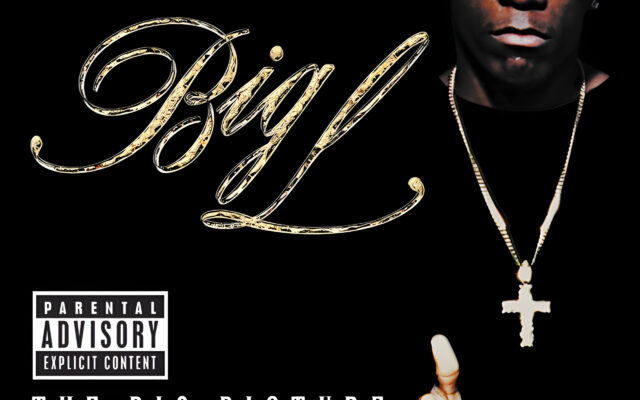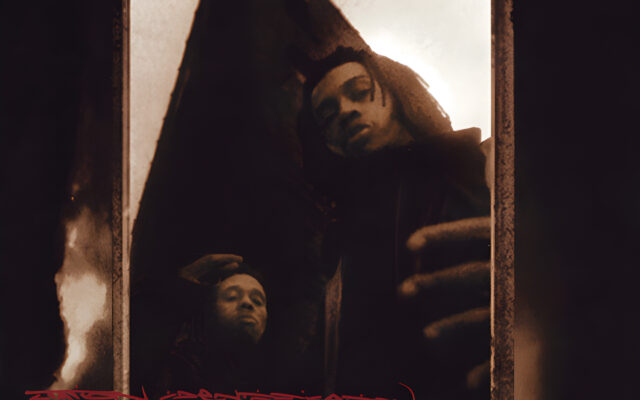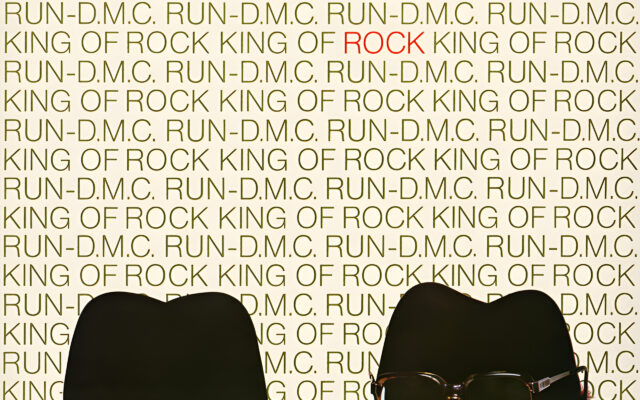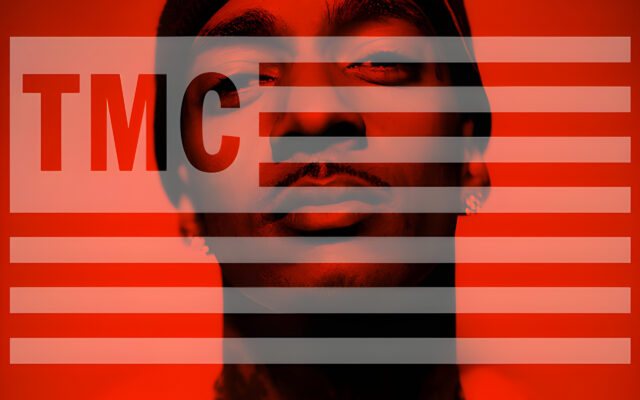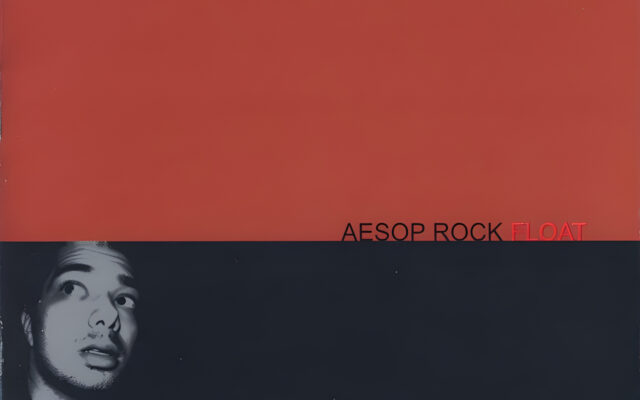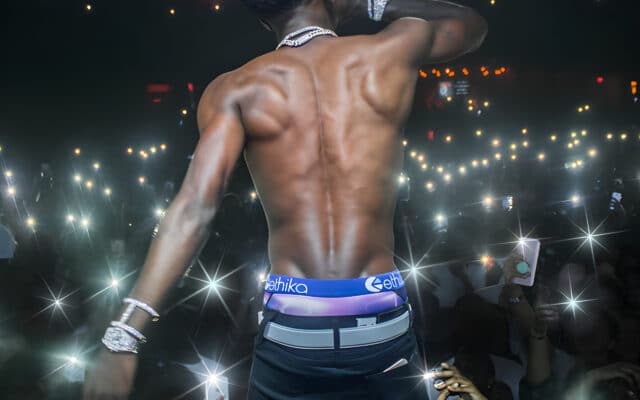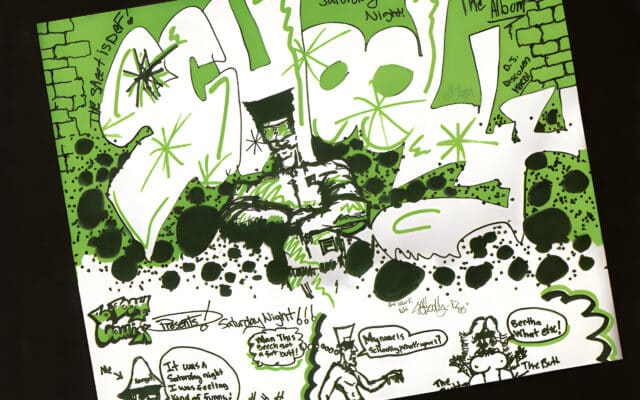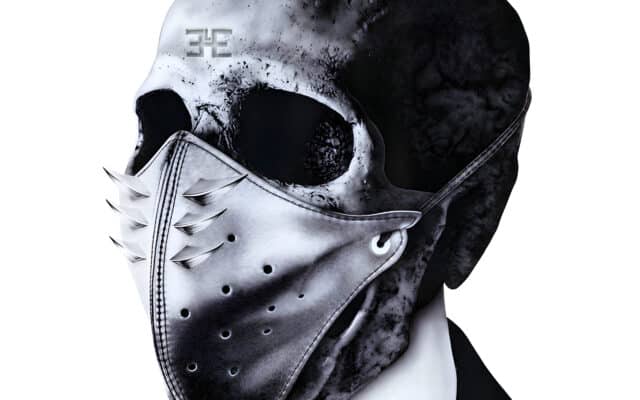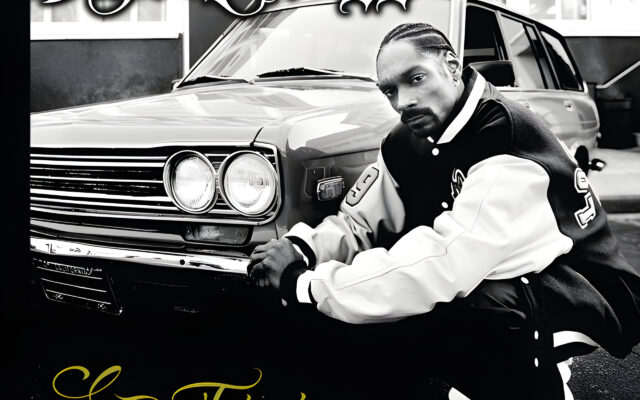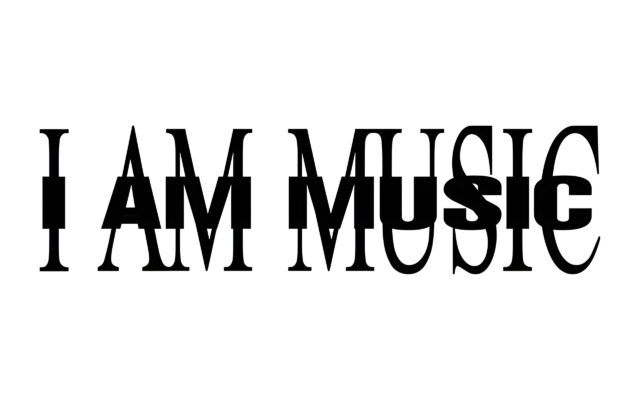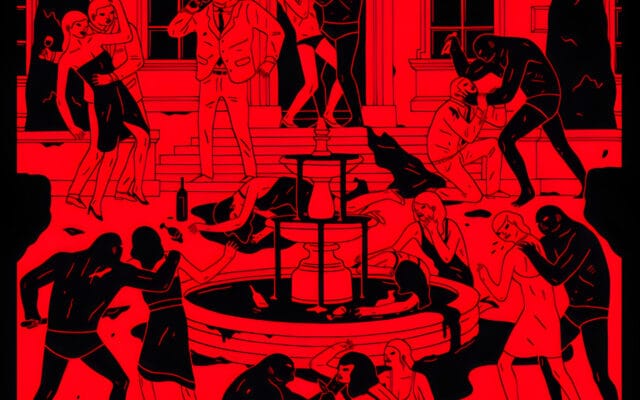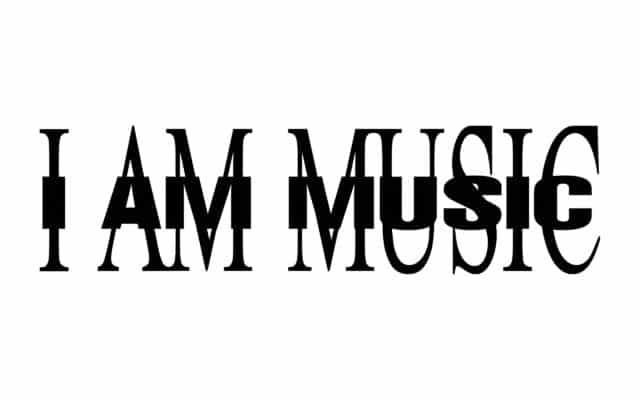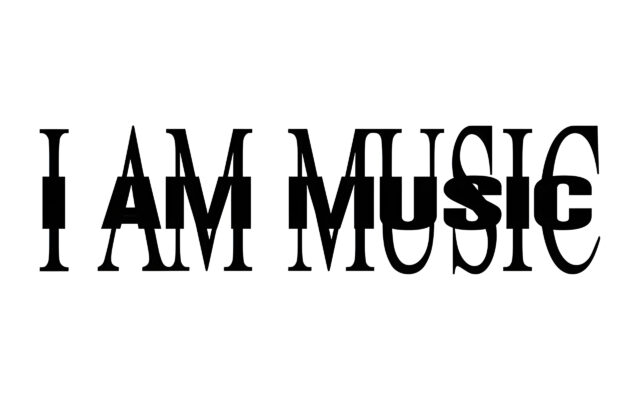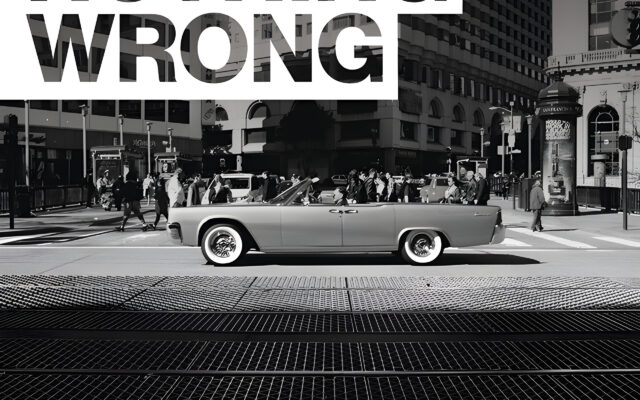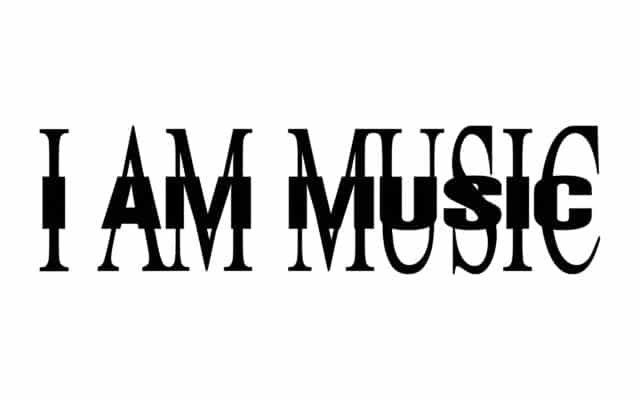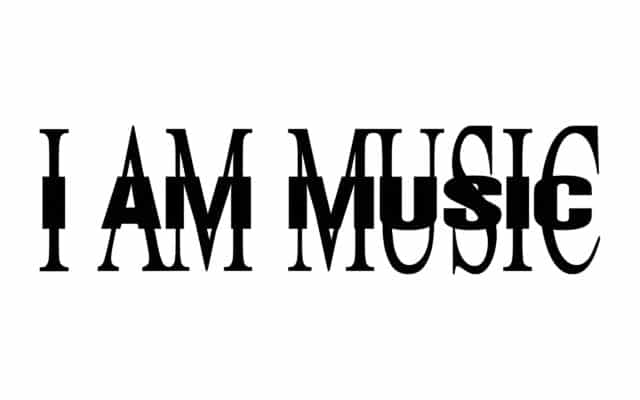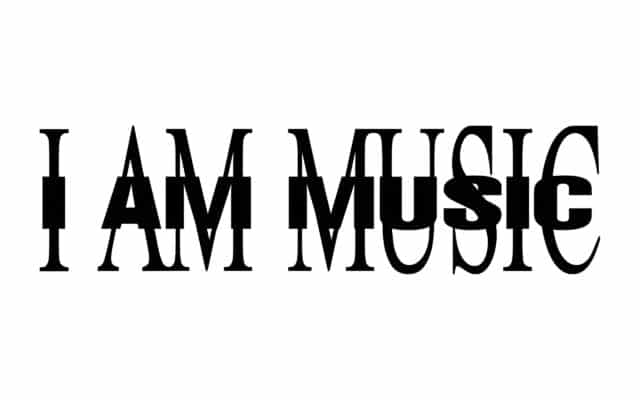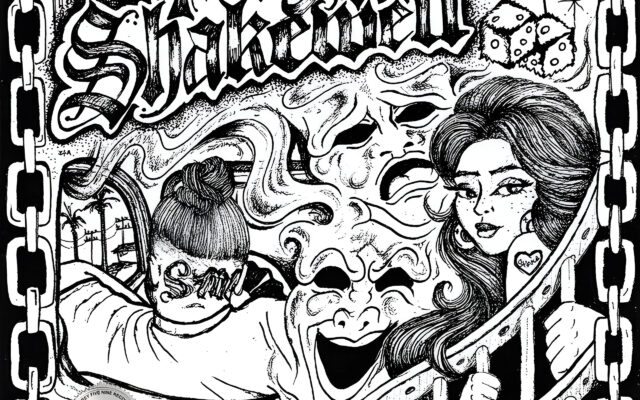Meaning of ‘Flooded The Face’ by ‘Lil Uzi Vert’
Released: 2023 Lil Uzi Vert’s song “Flooded The Face” is a testament to the extravagant lifestyle and opulent excess often associated with the hip-hop industry. The lyrics delve into themes of wealth, indulgence, and self-confidence. Through a repetitive…
Meaning of ‘Bigger In Texas’ by ‘Megan Thee Stallion’
Released: 2024 “Bigger In Texas” by Megan Thee Stallion is an audacious, empowering track that flaunts the artist’s confidence and success. Megan boasts about her achievements, asserts her self-worth, and dismisses those who criticize her or envy her…
Meaning of ‘Mina da Barra’ by ‘MC Kevin o Chris’
Released: 2023 “Mina da Barra” by MC Kevin o Chris delves into themes of desire, frustration, and youthful attraction within modern dating. Through its lyrics, the song expresses the singer’s fixation on a particular woman and the emotional…
Meaning of ‘Killa Cam / Roll That Skit’ by ‘Cam’ron’
Released: 2004 “Killa Cam / Roll That Skit” by Cam’ron, a leading figure in the hip-hop world, centers on themes of braggadocio, street life, and self-confidence. With Cam’ron’s trademark wit and clever wordplay, the song illustrates the lifestyle…
Meaning of ‘Reagan’ by ‘Killer Mike’
Released: 2012 Killer Mike’s “Reagan” is a politically charged track that dissects the repercussions of Ronald Reagan’s presidency on the African American community, focusing particularly on systemic issues like the war on drugs, economic exploitation, and police brutality.…
Meaning of ‘Connect the Dots’ by ‘Meek Mill’ feat. Yo Gotti, Rick Ross
Released: 2017 “Connect the Dots” is a gritty and boastful anthem by Meek Mill featuring Yo Gotti and Rick Ross, underscoring themes of street life, power, and success. The song presents an unapologetic exploration of the trappings of…
Meaning of ‘Burning Blue’ by ‘Mariah the Scientist’
Released: 2025 Mariah the Scientist’s “Burning Blue” intricately navigates the complex dance of passion and vulnerability. Through the lens of her emotive lyrics, the song delves into the burning yet contradictory sensations of a fervent relationship. At its…
Meaning of ‘PHILLY’ by ‘Playboi Carti’ feat. Travis Scott
Released: 2025 “PHILLY” by Playboi Carti featuring Travis Scott is an embodiment of hedonistic indulgence, capturing the quintessential lavish lifestyle and materialism that permeates much of hip-hop culture. Through their verses, the artists paint a picture of extravagant…
Meaning of ‘TOXIC’ by ‘Playboi Carti’ feat. Skepta
Released: 2025 “TOXIC” by Playboi Carti featuring Skepta is a heady mix of bravado and success woven through high-energy and almost anarchic themes. At its core, the track talks about the artist’s rapid lifestyle, overwhelming profits, and a…
Meaning of ‘POP OUT’ by ‘Playboi Carti’
Released: 2025 Playboi Carti’s song “POP OUT” presents a mixture of bravado and lifestyle flaunting typical of his brand. The song generally discusses themes of opulence, casual disdain for societal norms, and self-identification through unique, sometimes controversial actions…
Meaning of ‘TRIM’ by ‘Playboi Carti’ feat. Future
Released: 2025 “TRIM” by Playboi Carti featuring Future is an audacious track that thrives on the themes of wealth, power, and style. This collaboration brings forth an anthem-like confidence where both artists explore the grandeur of their lifestyles…
Meaning of ‘All The Way’ by ‘BigXthaPlug’ feat. Bailey Zimmerman
Released: 2025 The song “All The Way” by BigXthaPlug featuring Bailey Zimmerman is an exploration of heartbreak and betrayal. At its core, it speaks to the intense emotions felt when someone leaves a relationship, advocating for a clean…
Meaning of ‘Full Time Cappers’ by ‘G-Eazy’ feat. Moneybagg Yo, French Montana, Ant Clemons
Released: 2019 G-Eazy’s song “Full Time Cappers,” featuring Moneybagg Yo, French Montana, and Ant Clemons, explores the theme of authenticity in relationships and the music industry. It talks about individuals who project false personas—referred to as “cappers”—and contrasts…
Meaning of ‘YOU CRY LOVE.’ by ‘jev.’
Released: 2024 “YOU CRY LOVE” by jev. delves into the realities of navigating life’s trials, as it explores themes of faith, survival, and the societal pressure that can be placed on individuals. This song contrasts spiritual reliance during…
Meaning of ‘Bianca’ by ‘Conway the Machine’ feat. Wun Two
Released: 2023 “Bianca” by Conway the Machine, featuring Wun Two, weaves a narrative of affluence, survival, and the persistent echoes of street life, layered with vivid imagery and hard-hitting beats. At its core, the song captures Conway’s evolution…
Meaning of ‘Tools’ by ‘Quavo’ feat. Takeoff
Released: 2022 “Tools” by Quavo, featuring Takeoff, centers around themes of financial success, self-sufficiency, and resilience. The song emphasizes the importance of spreading wealth and reflects on experiences of dealing with betrayal and envy, ultimately underscoring a lifestyle…
Meaning of ‘Ay Caramba’ by ‘Tyga’
Released: 2022 Tyga’s “Ay Caramba” is a party anthem that thrives on themes of bravado, wealth, and allure. It’s a display of his larger-than-life persona, combining a festive atmosphere with boastful declarations of success, both in wealth and…
Meaning of ‘Too Comfortable’ by ‘Future’
Released: 2020 In “Too Comfortable,” Future takes listeners on a luxurious journey through his world of wealth and caution. The track predominantly focuses on the idea of not getting complacent in life, especially when you’re surrounded by riches…
Meaning of ‘Mr. Carter’ by ‘Lil Wayne’ feat. JAY-Z
Released: 2008 “Mr. Carter” by Lil Wayne featuring JAY-Z is an anthem celebrating the artists’ accomplishments and longevity in the hip-hop industry. It conveys themes of perseverance, dominance, and legacy, showcasing both artists reflecting on their careers and…
Meaning of ‘Tour Stories’ by ‘Souls of Mischief’ feat. Souls Of Mischief
Released: 2009 Souls of Mischief’s track “Tour Stories” is a lyrical narrative exploring the ups and downs of life on the road as musicians. The song encapsulates the thrill and mundanity of travel, the connections formed in various…
Meaning of ‘Holdin’ It Down’ by ‘Big L’ feat. A.G., Miss Jones, Stan Spit
Released: 2016 “Holdin’ It Down” is a powerful track from Big L featuring A.G., Miss Jones, and Stan Spit. This song primarily delves into themes of resilience, hustle, and the harsh realities of street life while demonstrating lyrical…
Meaning of ‘Who U Represent’ by ‘Channel Live’
Released: 1995 “Who U Represent” by Channel Live is an intricate exploration of themes surrounding identity, persuasion, and vulnerability. At its core, the song grapples with the concept of authenticity and how individuals often bend truths to fit…
Meaning of ‘You Talk Too Much’ by ‘Run–D.M.C.’
Released: 1985 Run-D.M.C.’s track “You Talk Too Much” is a pointed commentary on the social behavior of people who indulge in incessant chatter without much substance. The song humorously highlights the annoyances caused by such individuals and satirizes…
Meaning of ‘Lean Wit It’ by ‘Meek Mill’
Released: 2012 Meek Mill’s “Lean Wit It” is a track steeped in street narrative, detailing the hustler’s lifestyle with unapologetic bravado. The song leans heavily into themes of drug trafficking, opulence, and the grit of urban survival, with…
Meaning of ‘Road to Riches’ by ‘Nipsey Hussle’
Released: 2013 Nipsey Hussle’s “Road to Riches” is an introspective anthem about perseverance, success, and staying true to one’s roots despite the glitz and glamor of achieving fame. Nipsey, renowned for his street-savvy wisdom, reflects on his personal…
Meaning of ‘Basic Cable’ by ‘Aesop Rock’
Released: 2012 Aesop Rock’s “Basic Cable” paints a vivid picture of the omnipresence and influence of television in modern life, encapsulating the obsessive and somewhat dystopian relationship society has with this medium. With an intricate lyrical approach, the…
Meaning of ‘Demon Seed’ by ‘YoungBoy Never Broke Again’
Released: 2018 “Demon Seed” by YoungBoy Never Broke Again is a gritty narrative centered on street life, violence, and the transformation of a young man entrenched in a world where crime and betrayal are the norm. The song…
Meaning of ‘Housing the Joint’ by ‘Schoolly D’
Released: 1987 Schoolly D’s song “Housing the Joint” exudes an electrifying, in-your-face energy typical of late ’80s hip-hop, with its heavy basslines and raw lyrical delivery. The song celebrates Schoolly D’s command of the microphone and his capability…
Meaning of ‘DREAMBOY’ by ‘Lil Nas X’
Released: 2025 Lil Nas X’s “DREAMBOY” serves as a bold, unapologetic celebration of his identity and success, cleverly intertwined with a theme of perseverance through dreams. The track effortlessly mixes humor, personal introspection, and bravado, demonstrating Lil Nas…
Meaning of ‘Cupcake Quemando’ by ‘Fuerza Regida’ feat. LEGADO 7
Released: 2019 “Cupcake Quemando” is a collaborative track by Fuerza Regida featuring LEGADO 7 that revolves around the themes of success, ambition, and the distinct lifestyle tied to the Mexican corrido genre. This song glorifies their achievements in…
Meaning of ‘Where I Belong’ by ‘Busta Rhymes’ feat. Mariah Carey
Released: 2020 “Where I Belong” by Busta Rhymes featuring Mariah Carey is an engaging love ballad that intertwines romance with a hint of self-realization. The song narrates a story of two individuals recognizing each other’s significance after prolonged…
Meaning of ‘It’s Alive’ by ‘Gucci Mane’ feat. Swizz Beatz
Released: 2010 “It’s Alive” by Gucci Mane, featuring Swizz Beatz, captures the opulent lifestyle and unshakeable confidence synonymous with hip-hop royalty. Gucci Mane weaves a tale of luxury and self-assured dominance, underscored by the electrifying production of Swizz…
Meaning of ‘Gangsta Like Me’ by ‘Snoop Dogg’
Released: 2008 Snoop Dogg’s “Gangsta Like Me” delivers a mix of classic West Coast swagger and humor. The song features a narrative centered around Snoop’s interactions with women, the charisma that surrounds his gangsta persona, and a carefree…
Meaning of ‘BIG DUMMY!’ by ‘Lil Nas X’
Released: 2025 Lil Nas X’s “BIG DUMMY!” is an audacious display of confidence, embracing the braggadocious spirit typical of hip-hop while maintaining his unique flair. The song reflects on his journey and achievements, boasting about his current status,…
Meaning of ‘Gun Talk’ by ‘Ja Rule’ feat. Black Child
Released: 2004 “Gun Talk” by Ja Rule featuring Black Child is a track entrenched in themes of violence, survival, and the cutthroat realities of street life. This song delivers a narrative that highlights the raw and often brutal…
Meaning of ‘RIGHT THERE!’ by ‘Lil Nas X’
Released: 2025 “RIGHT THERE!” by Lil Nas X is a vivid depiction of nightlife and indulgence, portraying themes of excess, revelry, and personal triumph. It’s a track that captures the chaos of partying while simultaneously reflecting on his…
Meaning of ‘Presha’ by ‘2 Chainz’ feat. Lil Wayne
Released: 2023 In the track “Presha,” 2 Chainz, featuring Lil Wayne, deliver a hard-hitting ode to resilience, confidence, and street credibility. The song delves into the pressures and realities of success, emphasizing the intense, almost addictive nature of…
Meaning of ‘EVIL J0RDAN’ by ‘Playboi Carti’
Released: 2025 In “EVIL J0RDAN,” Playboi Carti explores themes of fame, wealth, and personal evolution while delivering an experimental flow and engaging lyrical style. The track delves into Carti’s lavish lifestyle, grappling with excess, indulgence, and the transient…
Meaning of ‘In Love Wit Chu’ by ‘Da Brat’ feat. Cherish
Released: 2003 “In Love Wit Chu” by Da Brat featuring Cherish is an unabashed celebration of being deeply in love. The song captures the intense emotions and dedication that come with love, with a heavy emphasis on how…
Meaning of ‘Poison Intro’ by ‘Swizz Beatz’ feat. Áine Zion
Released: 2018 The “Poison Intro” by Swizz Beatz featuring Áine Zion presents a raw and gritty opening to a hip-hop experience that aims to provoke thought and awaken listeners. This introduction draws upon powerful imagery and symbolism to…
Meaning of ‘RATHER LIE’ by ‘Playboi Carti’ feat. The Weeknd
Released: 2025 The song “RATHER LIE” by Playboi Carti featuring The Weeknd delves into the complexities of a turbulent romantic relationship where the truth seems less favorable than fiction. The song explores themes of dishonesty, self-indulgence, and a…
Meaning of ‘Dark Thoughts’ by ‘Lil Tecca’
Released: 2025 Lil Tecca’s “Dark Thoughts” navigates the interplay of relationships, self-reflection, and personal growth against the backdrop of rapidly changing circumstances. The song paints a vivid picture of romantic complications, materialistic endeavors, and existential ruminations as it…
Meaning of ‘CRUSH’ by ‘Playboi Carti’ feat. Travis Scott
Released: 2025 “CRUSH” by Playboi Carti featuring Travis Scott is a high-energy, boastful track that revolves around themes of lust, dominance, and opulence. With Carti’s trademark ad-lib heavy style and Travis Scott’s unmistakable flair, the song presents an…
Meaning of ‘BROAD DAY’ by ‘Offset’ feat. Future
Released: 2023 Offset’s ‘BROAD DAY,’ featuring Future, is a gritty, unapologetic depiction of street life, complete with its attendant violence, wealth accumulation, and lifestyle bravado. At its core, the song delves into themes of survival and power in…
Meaning of ‘Nothing Wrong’ by ‘G-Eazy’
Released: 2017 G-Eazy’s “Nothing Wrong” serves as a candid self-reflection of a life unapologetically lived on his own terms, reveling in indulgence and success. Through his lyrics, G-Eazy justifies his choices—whether they pertain to partying, spending money lavishly,…
Meaning of ‘GOOD CREDIT’ by ‘Playboi Carti’ feat. Kendrick Lamar
Released: 2025 “GOOD CREDIT” by Playboi Carti featuring Kendrick Lamar serves as an introspective exploration into themes of wealth, influence, and indulgence in contemporary hip-hop culture. Both artists juxtapose financial savvy, illustrated through credit management and material accumulation,…
Meaning of ‘MOJO JOJO’ by ‘Playboi Carti’
Released: 2025 In “MOJO JOJO,” Playboi Carti crafts an intricate tapestry of braggadocio and alien-like swagger, mingled with vivid references from his life and culture. The song reflects his signature playful, eccentric style and presents a mix of…
Meaning of ‘BACKD00R’ by ‘Playboi Carti’ feat. Kendrick Lamar, Jhené Aiko
Released: 2025 The song “BACKD00R” by Playboi Carti featuring Kendrick Lamar and Jhené Aiko presents a world that delves into themes of opulence, exclusivity, and street life, set against a backdrop of braggadocio typical in modern hip-hop. The…
Meaning of ‘The Last Jewel’ by ‘Xavier Wulf’
Released: 2014 Xavier Wulf’s song “The Last Jewel” presents a persona that’s larger than life, as he lyrically explores themes of power, individuality, and transcendence. The track encapsulates his pride in self-reliance, defiance against detractors, and commitment to…
Meaning of ‘Biscuit’ by ‘Shakewell’
Released: 2022 “Biscuit” by Shakewell is a high-octane track that revolves around themes of street life, loyalty, and retaliation. It paints a vivid picture of a gritty lifestyle where the protagonist deals with adversaries and the harsh realities…
